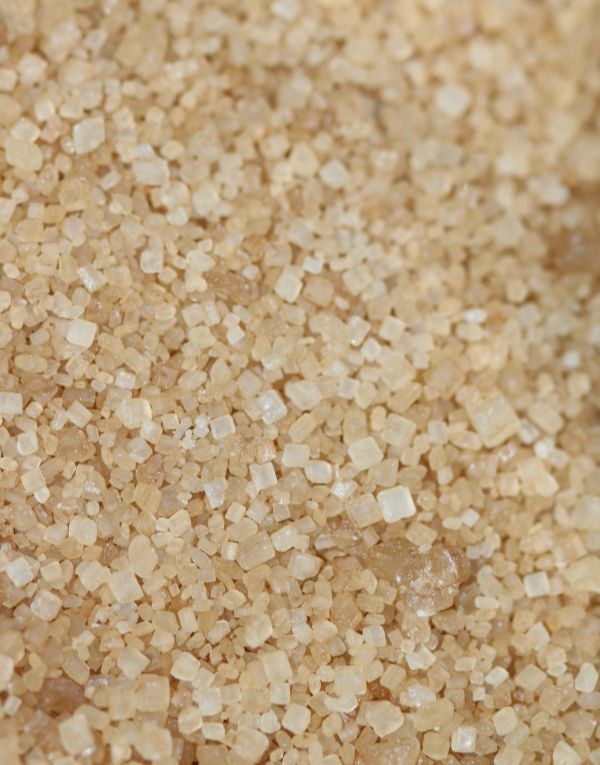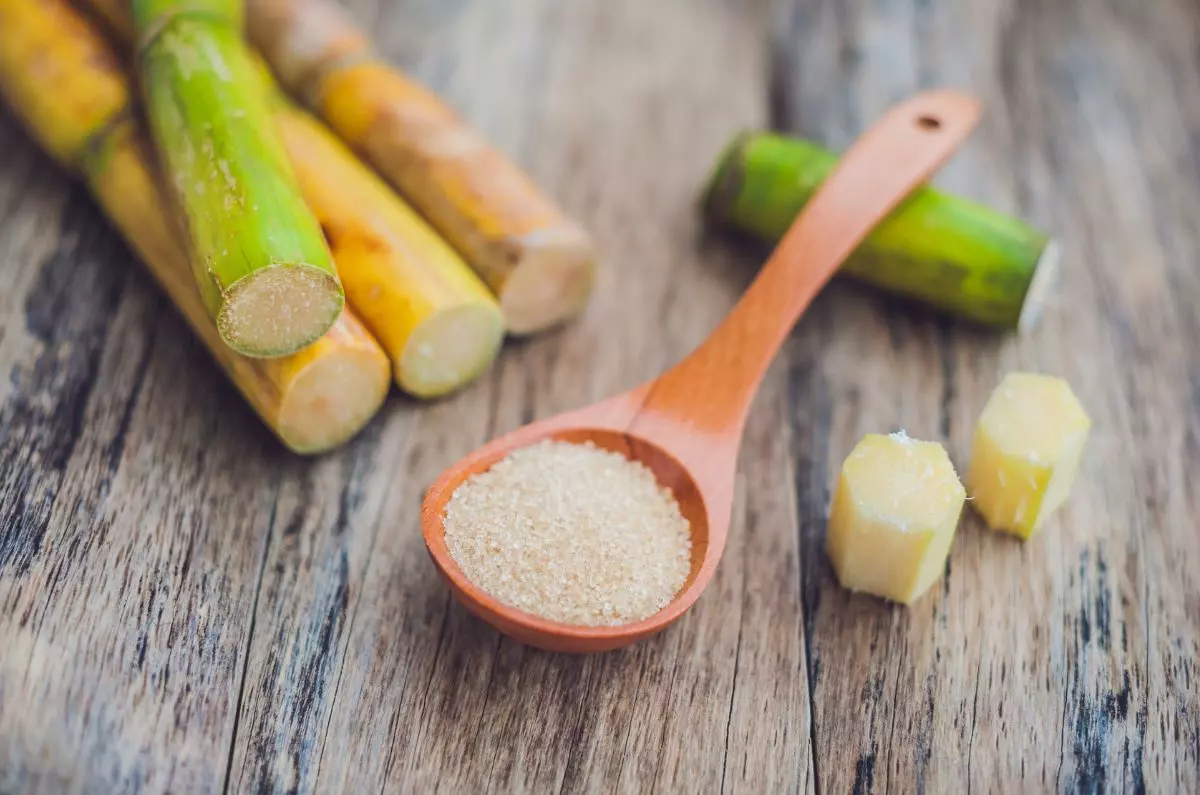According to international organizations such as FAO and WHO, a sugar intake equivalent to 10% of the total energy (kilocalories) consumed can be considered as a moderate and recommended intake. Taking as an example an average diet of 2,300 calories, a consumption of 57 grams of sugar, which is equivalent to 11 teaspoons or sugar cubes per day, can be considered a moderate consumption.
Sugar is a source of energy that is easily and rapidly assimilated by the body, especially by the brain, muscles and nervous system. In addition, it provides an inimitable flavor that helps us to consume other foods that necessary for our nutrition. That is why its consumption is recommended, within a balanced diet, at all stages of life.
No food is fattening on its own. What is important is the overall energy balance over a period of no less than 15 days. Furthermore, there is no scientific evidence linking sugar consumption with obesity.
However, there is abundant information that relates sugar consumption with a lower intake of fat and, therefore, a lower probability of suffering from obesity. On the other hand, the energy intake of carbohydrates, 4 calories per gram, is much lower than that of fats, 9 calories per gram.
Obesity is the result of an imbalance, caused by an overall energy intake that exceeds energy expenditure. The composition of the diet can influence this positive energy balance. Diets with a high carbohydrate content, compared to diets with a high fat content, at the same energy intake, reduce the probability of fat accumulation in the body.
In principle it is not recommended. The consumption of artificial sweeteners is not necessary for healthy people. It may only be advisable in certain pathological situations.
Light” foods are characterized by replacing certain ingredients in their composition with others that provide fewer calories. However, the important aspect in order to control body weight is the total caloric intake at the end of the day. The effectiveness of the consumption of “light” foods for weight control has not been sufficiently demonstrated because, in addition, on many occasions, the calorie reduction is insignificant.
On the other hand, there is sufficient information linking higher fat intake and higher body weight to regular consumers of low or no sugar or “light” products.
The psychological factor may also influence the consumers of these products to think that they can consume a higher amount of them, resulting in the opposite effect of higher energy intake.
Experts define tooth decay as a multifactorial disease whose development is influenced by infectious and genetic factors as well as diet, and where oral hygiene and preventive measures such as fluoridation or regular visits to the dentist play a key role.
Today, as the main specialists in dentistry assure us, with the correct observance of minimum oral hygiene measures, sugar consumption is no longer considered a risk factor for the development of cavities.
Diabetes is a disease that is strongly influenced by hereditary factors and obesity.
No scientific study has shown that high sugar consumption contributes to the onset and development of diabetes, so its elimination from the diet does not guarantee the prevention of this disease.
A new dietary recommendation has now been established for diabetics, endorsed by FAO and WHO, which allows moderate intake of 30/ 50 grams of sucrose per day, provided they are consumed in the context of total energy tolerance, within a varied diet and without displacing other foods.
There is no study that has established this relationship and the recommendations for controlling blood cholesterol levels do not refer to sugar consumption. In fact, these recommendations advise a high consumption of carbohydrates (among which sugar is included), together with a decrease in the consumption of saturated fat of animal origin and cholesterol.


